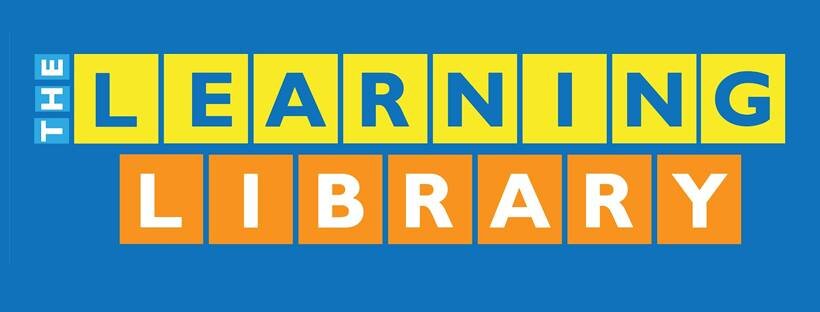
This 8-session workshop introduces your teens to several project management approaches. Exercises will provide them an opportunity to sharpen their skills from goal setting, time management, scheduling and monitoring, budgeting and resource management. The skills they will learn from this workshop will help them manage their workload as students as well as when they join the workforce.
For Ages 12-17 years old
May 5, 7, 9, 12, 14, 16, 19, and 21; Mondays, Wednesdays, Fridays; 5:00 PM - 6:30 PM
Php 6000
Program Description
In this course, students will understand the skills and activities that effective project management requires. They will learn how to clarify the project scope, including identifying the project's stakeholders and key objectives as well as how to build a schedule and budget. The course explores tactics for assembling and managing a project team, as well as managing the risks that can derail the project. Students will discover how to monitor the project's spending, schedule, scope, and quality and how to keep stakeholders informed. Finally, they will learn how to close out the project and extract lessons that can apply to the next project.
Once children develop a habit or other bit of learning, they can take it with them into adulthood. Teaching children about project management will help the young person develop good project management skills for the future. Think of the many times you have had to tell your child to start homework or finish a school project. By developing good project processes, you only need to refer to that process to get kids started (“Did you plan what you wanted to do for your school project;” “Have you checked your math homework?”). The idea is to get the child to associate that process with a step in the project rather than the entire project. As one person once told me, it is better to eat the elephant bit at a time rather than all at once (not that I am condoning eating an elephant – they are probably pretty tough).
*as adapted From Harvard Manage Mentor
Learning Objectives
- Define project objectives and scope
- Develop a realistic project schedule and budget
- Assess and manage project risks
- Keep projects on track
- Communicate project progress and problems to stakeholders
- Evaluate project results ad lessons learned
INSTRUCTOR
Jhonnel P. Kabigting, MDE
Jhonnel is a seasoned, international PMO and ITSM professional. He’s UBQTY’s resident Monitoring & Evaluation (M&E) specialist and has worked with IFIs and ODAs across Asia, the Middle East and Africa. He has led the implementation of digital services in senior global roles, adapting ITSM and agile best practices. Jhonnel has experience working in consumer telecommunications and business development. His project and ITSM includes expatriate assignments in the Middle East and Africa. Jhonnel has provided training in project management for the government (with the DICT’s ICT Literacy Competency Development Bureau), business intelligence and analytics (regional training firm).
Frequently Asked Questions:
What materials does the child need to prepare?
Students will need to purchase a software for the final management plan (final output). Cost is USD15 good for 6 months (at student's own expense).
What is the required output at the end of this workshop?
A project management simulation will serve as the final output. In this simulation, students take on the role of a senior project manager and manage a team tasked with developing a new product for an electronics manufacturing company. The primary objectives are to execute a project plan successfully and deliver a competitive product on time and on budget. Instructors can assign up to 7 scenarios that expose students to realistic challenges that project managers often face, especially when working in a highly competitive industry. Some challenges require students to react to unanticipated outside events, such as a staffing crisis, while others require students to respond to strategic changes mandated by upper management.





